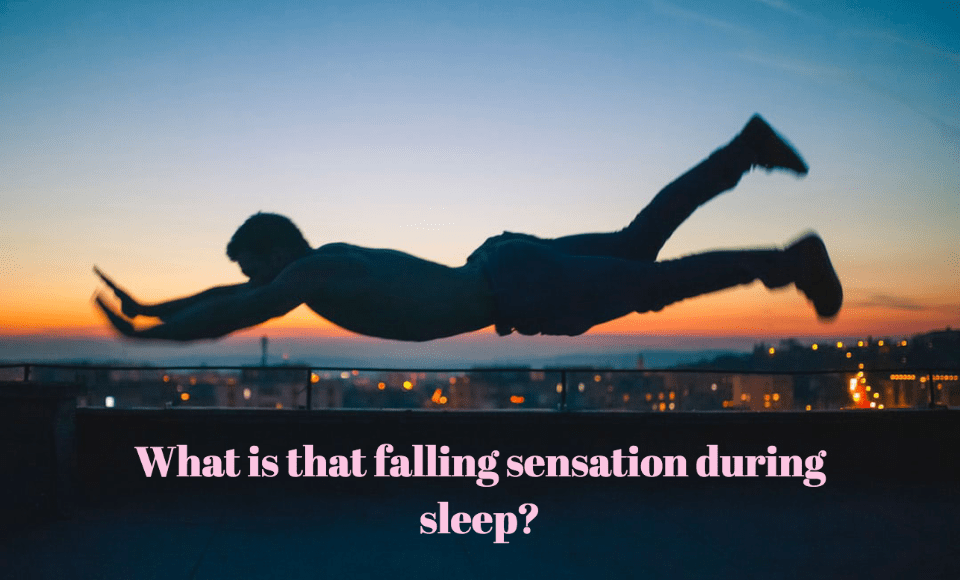Many people love the sensation of falling during sleep. Generally, this transpires when you’re in the middle of a dream and you suddenly find myself falling down a hill with no hope of steadying myself. However, there is a certain jerk that happens just as we are falling asleep. This feeling usually occurs just as we feel we have lost consciousness and causes us to jerk our body in reaction to the imagined sensation of falling during sleep. This jerk may wake us up, sometimes occurring each time we finally feel we are going off to sleep, and sometimes happening more than once in a single night. But what is this sensation of falling during sleep which jerks us awake?
The sensation of falling during sleep which causes our limbs to thrash out or our body to jump is known as the hypnic jerk. Scientists are not sure what causes this sensation of falling during sleep, but one theory suggests that as our body transitions from alertness to rest, the reptilian portion of our brain, which has evolved to protect us in the wild from the most basic dangers, interprets the relaxation of muscles as a sign that we are falling. This signal then transfers into an intense need to thrash out in order to attempt to stabilize ourselves.
Scientists are not sure of how they feel about this theory pertaining to the sensation of falling during sleep. We think it makes sense that our reptilian brain should attempt to protect us, or in any case, is a solid contender as a reason for the sensation of falling during sleep. But why should we jerk so violently; wouldn’t such an action disrupt any balance we might have salvaged as our muscles relaxed? Picture a human (or an ape) in a tree. If the sensation of falling during sleep really did signal falling in reality, wouldn’t such a violent jerk cause us to lose the last of our balance and cause us to fall? Furthermore, if we had totally begun to fall, would a jerk be of much help? The thrashing of limbs seems to make sense; if we were falling, our thrashing limbs may grab hold of a branch (or anything) and help steady us. While these questions remain they obviously do not discredit the theory; they are merely something to think about, especially because we understand so little about the sensation of falling during sleep.
Another interesting question surrounding the idea of falling during sleep pertains to dreams or visuals which seem to accompany them. It has been thought that dreaming only occurs during the sleep stage allowing for REM (rapid eye movement), but this sleep stage requires time to be enacted and would not follow sleep immediately. If hypnic jerks accompany visuals in which we are falling, but do not occur during REM, what could these visuals mean and where do they come from? This very important question pertaining to the nature of feeling as though one is falling during sleep has baffled scientists and caused them to rethink the nature of dreaming.
WORKS CITED
Holmes, Hannah. “Discovery Online, The Skinny On … Falling-Asleep Twitches.” Discovery Channel: Science, History, Space, Tech, Sharks, News. Discovery Channel, 1997. Web. 18 May 2011.

